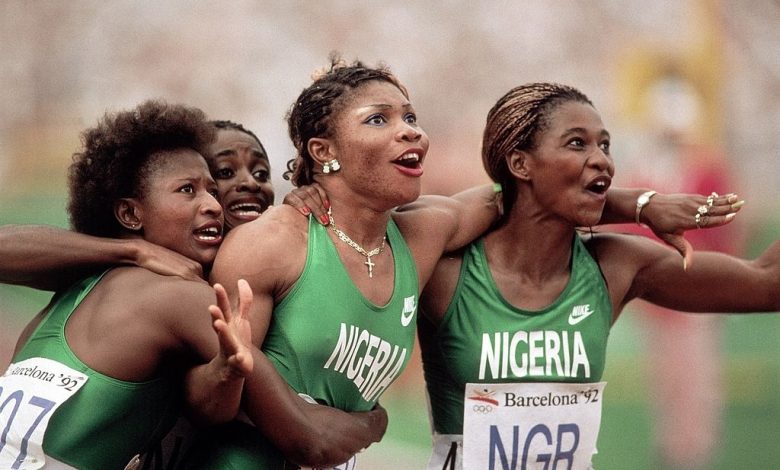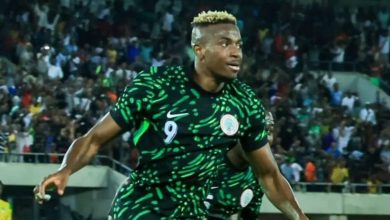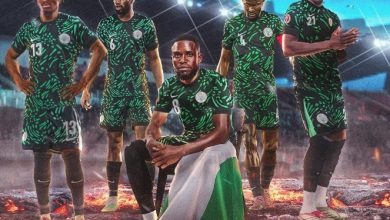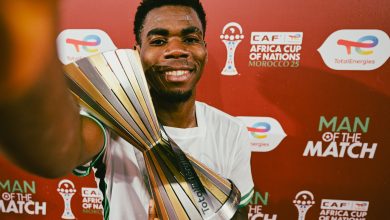Okowa-Led AFN Faces Historic Relay Miss as Deadline Looms
Set to become first in 42 years not to qualify a relay team to the World Championships

As the qualification window for the 2025 World Athletics Championships in Tokyo closes on Sunday, August 24, Nigeria stands on the brink of an unprecedented failure: the possible absence of a single relay team from the global event for the first time since the inaugural edition in Helsinki in 1983.
Despite possessing some of the fastest individual athletes in the world this season, none of Nigeria’s relay teams viz the men’s and women’s 4x100m, 4x400m, or mixed 4x400m, are currently among the top 16 teams qualified for the championships.
The men’s and women’s 4x100m teams sit in 17th place, just outside the cutoff, and could only qualify if one of the 16 teams ahead withdraws. The women’s 4x400m team ranks 19th, while the men’s team languishes in 23rd, both well outside the qualification zone and unable to benefit from any withdrawals.
The mixed 4x400m relay team is also ranked 17th, meaning Nigeria’s only hope across all five relay events now hinges on other countries pulling out.
This looming failure has sparked widespread frustration among athletes, coaches, and fans.
Many are questioning the leadership of the Athletics Federation of Nigeria (AFN), led by Tonobok Okowa, accusing it of lacking vision, structure, and foresight.
Critics say the federation has embraced a ‘fire-brigade’ approach rather than building a sustainable and competitive system.
The men’s 4x400m team, in particular, has drawn attention. With three athletes running sub-45 seconds and three others clocking under 46 seconds, Nigeria should have fielded a world-class quartet. Instead, the team failed to meet the qualifying standard of 2:59.12, posting a disappointing 3:05.22 in Accra, Ghana.
The women’s 4x400m team fared no better, clocking 3:33.83, far off the mark. Even the double gold medals won in the 4x100m events at the Region II Championships in Accra were not enough, as the times (39.74s for men and 44.92s for women) fell short of the global cutoffs.
This situation has reduced Nigeria to a nation hoping for withdrawals to secure a place at the World Championships, an embarrassing position for a country with such rich athletic history.
Despite the relay setbacks, several Nigerian athletes have qualified for Tokyo in individual events. Leading the pack is former world 100m hurdles champion Tobi Amusan, joined by Temitope Adeshina, Favour Ofili, Rosemary Chukwuma, Tima Godbless, and Ella Onojuvwevwo.
Others have secured their spots via World Athletics ranking quotas, including two-time medalist Ese Brume, Prestina Ochonogor, Chioma Onyekwere-Lyons, Obiageri Pamela Amaechi, and Sade Olatoye. Ashley Anumba qualifies as an Area Champion.
On the men’s side, Kanyinsola Ajayi, Ezekiel Nathaniel, Chukwuebuka Enekwechi, and Samuel Ogazi have earned automatic tickets, while Israel Okon and Chidi Okezie made it through the ranking system.




